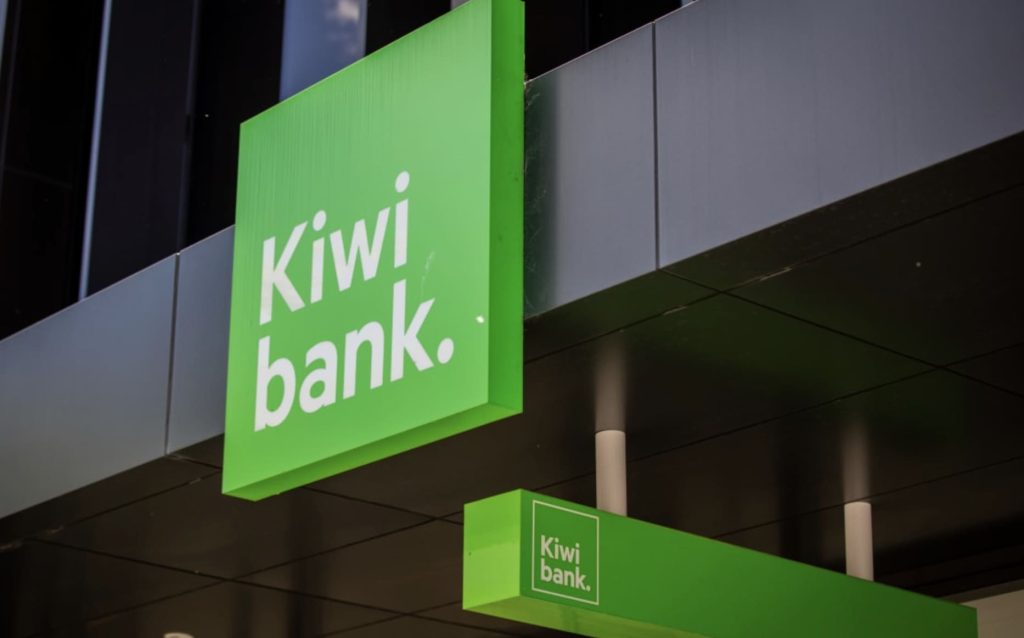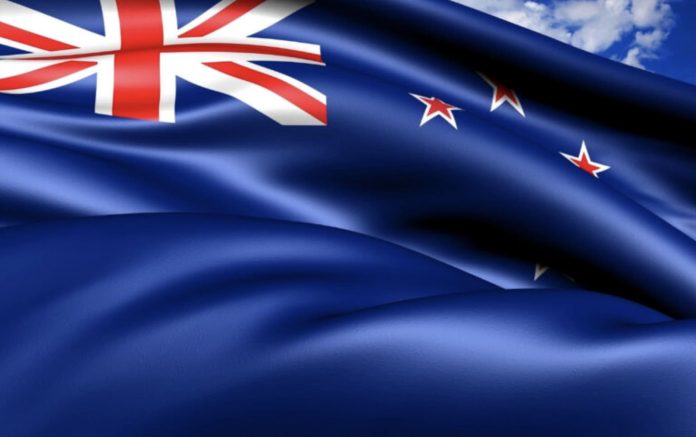The New Zealand banking system is a huge financial system with the country’s biggest share of overall assets. The banking sector dominates the financial system, owning the largest share of assets in the total money market, which includes capital markets, bond markets, managed fund industry, non-bank deposit takers and lending institutions, etc. The bank system was recorded to hold over $667 billion in total assets in March 2022. Judging by international standards, Zealand’s banking sector is small. However, it houses top banks with some of the best credit ratings by international standards.
New Zealand has over 25 registered banks; four large Australian-owned banks and five New Zealand-owned banks account for the highest percentage of bank lending in the country. Australian-owned with the lion’s share of 85% and New Zealand-owned with 9%. The banks primarily lend funds to the non-financial, private sector in New Zealand, including the household sector, agriculture, business sector, etc. We’ll take a look at some New Zealand banks below:
ANZ Bank
ANZ Bank is the biggest of the big four Australian-owned banks that operate in New Zealand. The company takes about 30% market dominance and has existed since 2003. It was the bank of the National Bank of New Zealand when the larger Australian corporation acquired it. However, it now exists as a division of the parent Australian company. ANZ offers services, including:
- banking services and asset financing
- investments, insurance, payment services, etc.
Strengths of ANZ Bank
- The largest bank in New Zealand
- The diversified product portfolio, which means low operating and business risks
- Market share spans Australia, New Zealand, and Pacific countries
Weaknesses
- Limited global exposure and inability to increase market share due to competition
ASB Bank
ASB Bank is another Australian-owned banking company operating in New Zealand and one of the country’s big four banks. The bank was established in 1847 as Auckland Savings Bank, but by the 1980s, it was able to merge with other local savings banks in New Zealand.
It became a fully commercial bank shortly after and then a public company.
The bank is owned by the Commonwealth Bank of Australia today because it sold 75% of its share to the Commonwealth Bank in 1989, which later bought the remaining 25% in 2000. ASB Bank services include:
- consumer and corporate banking
- private equity credit cards, mortgage, insurance, etc.
Strengths of ASB Bank
- Decent revenue and profit
- Listed on the Australian Securities Exchange
Weaknesses
- Rated B- by Moody
- Loan impairment expense
Westpac Bank
Westpac Bank is another banking company that operates in New Zealand. Westpac’s background traces back to the Bank of New South Wales(BNSW), the first bank in Australia. Over the years, the company acquired and established several other banking corporations across Oceania and Australia. This is a history of over 200 years, but WestPac was formed in 1982 when the Commercial Bank of Australia merged with BNSW. Services include:
- banking services and cardless cash
- wealth management, insurance, etc.
Strengths of Westpac Bank
- Flexible and leading institutional banking in Australia
- Highly socially responsible
Weaknesses
- High competition from other leading banks
Kiwibank

Kiwibank is a New Zealand-owned banking services provider, and it holds the fifth-largest assets in New Zealand. That’s an interesting way to put it because it’s only after the big four Australian-owned banks. Kiwibank was created in 2001 mainly as competition to the big four Australian banks dominating the country’s banking system. Services include:
- Consumer and corporate banking
- asset financing, etc.
Strengths of Kiwibank
- Cost efficiency
Weaknesses
- Decreasing non-interest income
Comparison of the Top Banks in New Zealand
All four banks discussed in this article are similar in their service offerings. They offer everything you’d expect from a bank; checking accounts, savings accounts, online banking, and other financial services available everywhere else. Similarly, all four banks charge no monthly account fees and allow debit cards, EFTPOS, and unlimited deposits and withdrawals.
The slight difference is in their overdraft interest rates, with Kiwibank having the lowest rates. However, looking at the guide for each of these banks will provide a better insight into their offerings. Kiwibank also ranks highly in user experience and customer support due to its faster adoption of newer technologies.
Conclusion
Thanks to a dynamic banking system, New Zealanders have access to the same financial services as users from around the world. Although it was mentioned earlier in the article that this sector is small by international standards, it is still ahead of some other countries and is the central mechanism for other money markets in the country.
One of these markets is gambling, your online bank account may give you the option to choose a payment method to make a deposit for gambling and as we said earlier, this banking sector is small and has unique payment methods for gambling.
The most popular payment method for this type of online payment is POLi, which is accepted by all the banks described above. If you’re looking for a list of casinos that accept this payment method, go to Betpokies, where you’ll find the main lists of casinos that accept these payment methods at New Zealand casinos
Credit to the Betpokies team for researching and creating this article, we hope you find it insightful.
NB: Gambling is addictive, and you’re advised to approach it responsibly. However, if you feel yourself struggling with problem gambling and addiction, contact the National Gambling Helpline here: 0800 654 655.



































